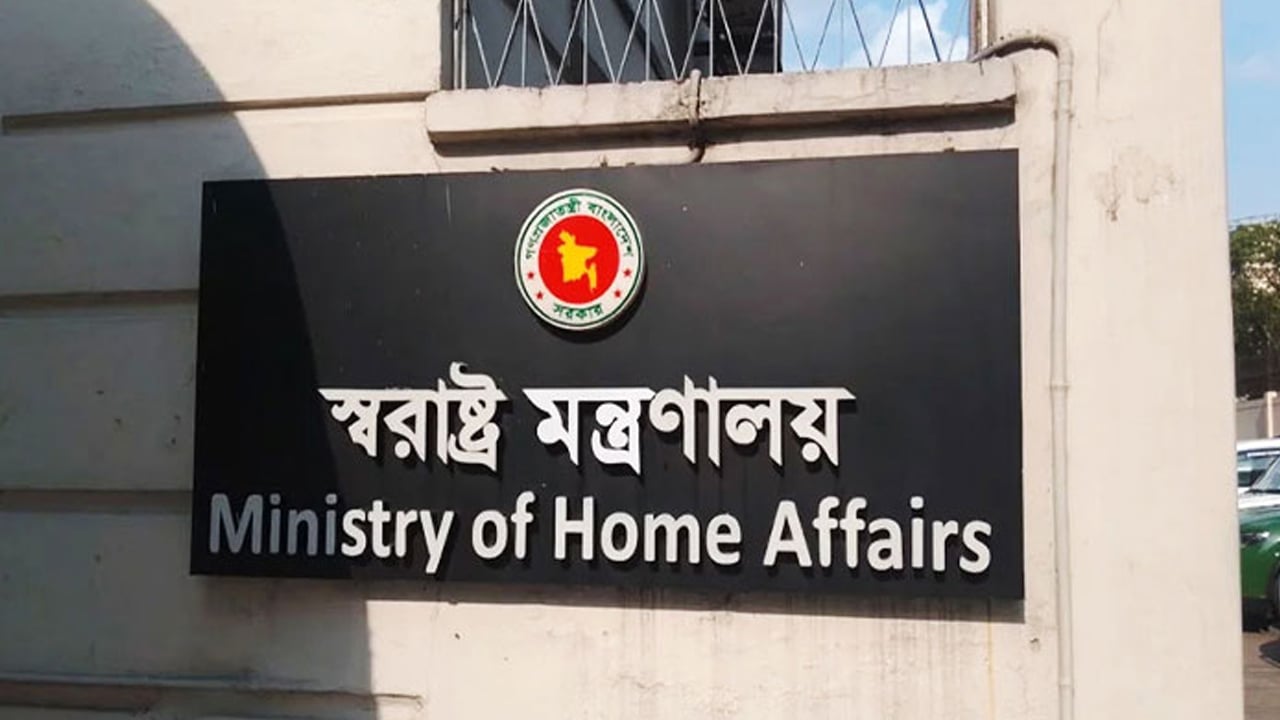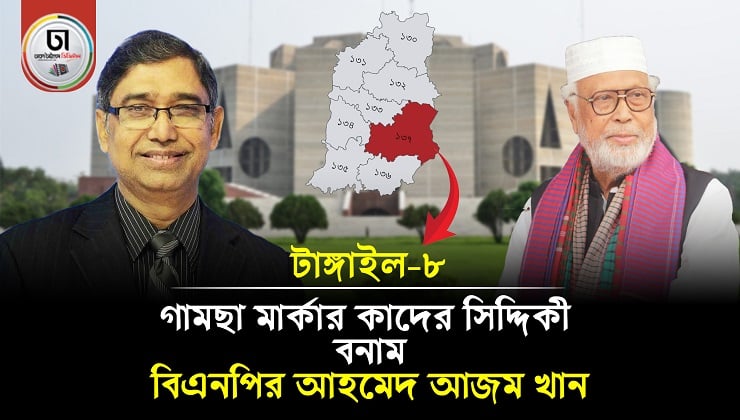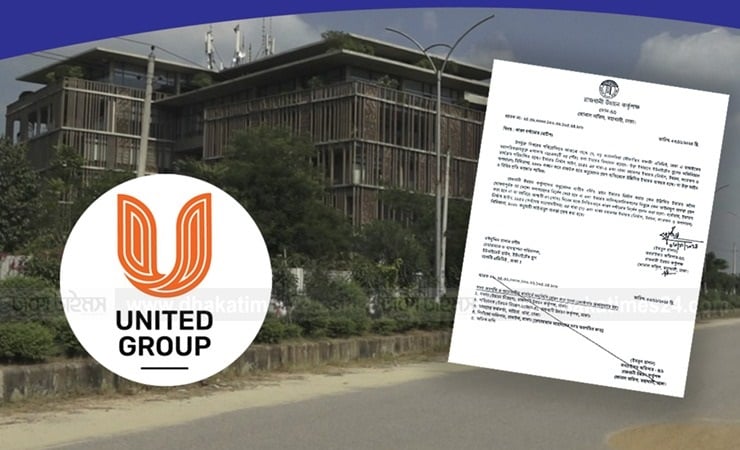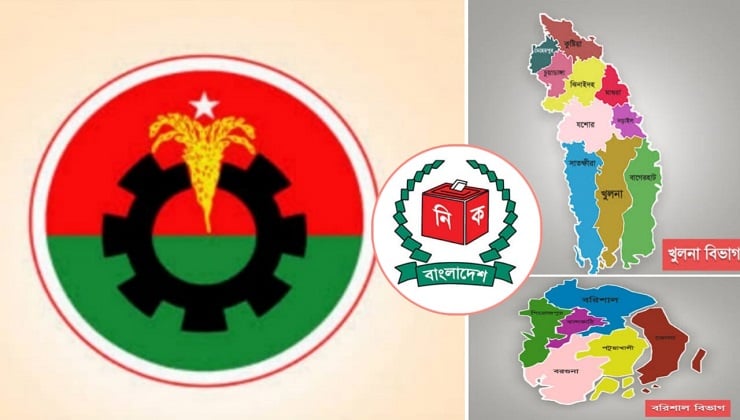After the NBR Strike—Time for Reform, Not Retreat
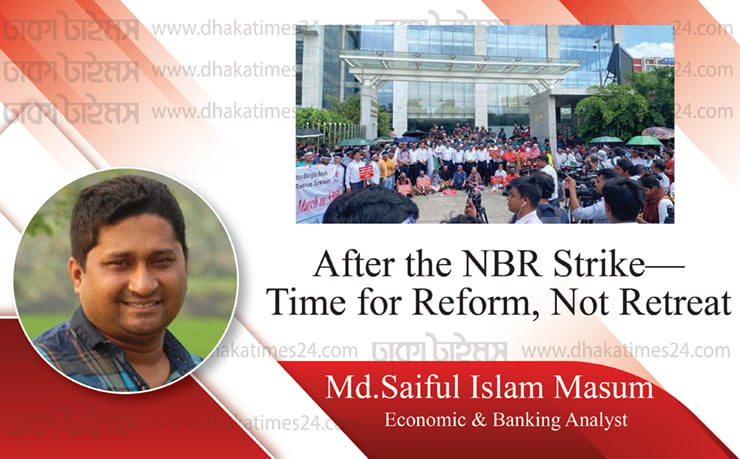
The withdrawal of the National Board of Revenue (NBR) strike has offered much-needed relief, especially to the business community, which bore the brunt of the two-day freeze on export-import activities across all land and sea ports. It is thanks to the timely intervention of business leaders that the standoff between the government and protesting NBR officials—operating under the banner of the NBR Reform Unity Council—was defused, at least for now. Both parties, having abandoned their intransigent positions, agreed to pursue a negotiated solution regarding the proposed restructuring of the revenue board.
Yet, while the immediate crisis has been averted, the deeper issues remain unresolved. Unless the NBR officials acknowledge the logic and necessity behind the government’s plan to bifurcate the tax body, the risk of future unrest cannot be ruled out.
For the moment, salvaging the country’s trade lifeline is no small victory. The crisis has created an opening for meaningful dialogue: NBR employees now have the opportunity to reassess the merits of the split, while the government has the flexibility to consider suggestions or demands that carry institutional value. The government’s move to declare NBR services “essential” sends a decisive message about the importance of uninterrupted revenue administration. Meanwhile, a five-member advisory panel has been constituted to examine the grievances of the protesting officials and recommend a way forward.
However, this process must not compromise the fundamental principle of the reform—separating policy-making from tax collection. The restructuring is not about dismantling the NBR but about streamlining its operations. The interim administration is pursuing this initiative not to weaken the institution, but to transform it into a transparent, accountable, and performance-driven body. Allegations of inefficiency and corruption have long dogged the NBR; this bifurcation seeks to bring clarity and discipline to its operations.
What is troubling, however, is the manner in which the strikers have attempted to frame their protest. Hoisting banners that claim the movement is “in the interest of the state” misrepresents both the intention of the government and the nature of the reform. At best, it is misleading; at worst, it is an effort to garner public sympathy for what appears to be a fundamentally self-serving cause.
The reality is that no NBR staff member stands to lose their job in this restructuring. Transfers across the two proposed branches—policy and operations—can be made based on merit, experience, and skills. What then explains the resistance, if not the inertia of vested interests reluctant to surrender old privileges? Organised groups often cloak their demands in patriotic rhetoric while deploying disruptive tactics to extract institutional concessions. This episode is no exception.
In a nation reeling under deep economic strain, the contrast is particularly stark. Reports indicate that many families with monthly incomes between Tk 12,000 and Tk 20,000 are being forced to forgo their main meal. For government officials to claim their protests are for the public good, under such conditions, borders on grotesque irony. Neither NBR employees nor their counterparts in other ministries have taken any initiative that could genuinely be described as pro-people. Rather, their movements are calibrated to secure narrow advantages for themselves.
Bangladesh is passing through a turbulent socio-economic phase. Widening inequality, inflationary pressure, and institutional mistrust are corroding the national psyche. Even student leaders, who just a year ago spearheaded the July-August uprising with calls for a just and discrimination-free society, have fallen conspicuously silent on the NBR dispute. Their absence underscores how easily transformative rhetoric can wither when confronted with entrenched power structures.
The government must now walk a careful line—demonstrating its commitment to reform while ensuring that no group holds the state to ransom. The reform of the NBR is not a political issue but an administrative necessity. To postpone or dilute this transformation under pressure would not only embolden rent-seeking factions within the bureaucracy but also send a dangerous signal to all other public institutions.
The path forward lies not in retreat, but in resilience. The government must remain firm on structural reforms, even as it remains open to dialogue. If the NBR is to become a truly efficient, transparent, and merit-based institution, then both policy vision and political will must converge to overcome the resistance of the old guard.
Writer: Economic & Banking Analyst
 ঢাকা টাইমস অনলাইন এর সর্বশেষ খবর পেতে Google News ফিডটি ফলো করুন
ঢাকা টাইমস অনলাইন এর সর্বশেষ খবর পেতে Google News ফিডটি ফলো করুন
মন্তব্য করুন








